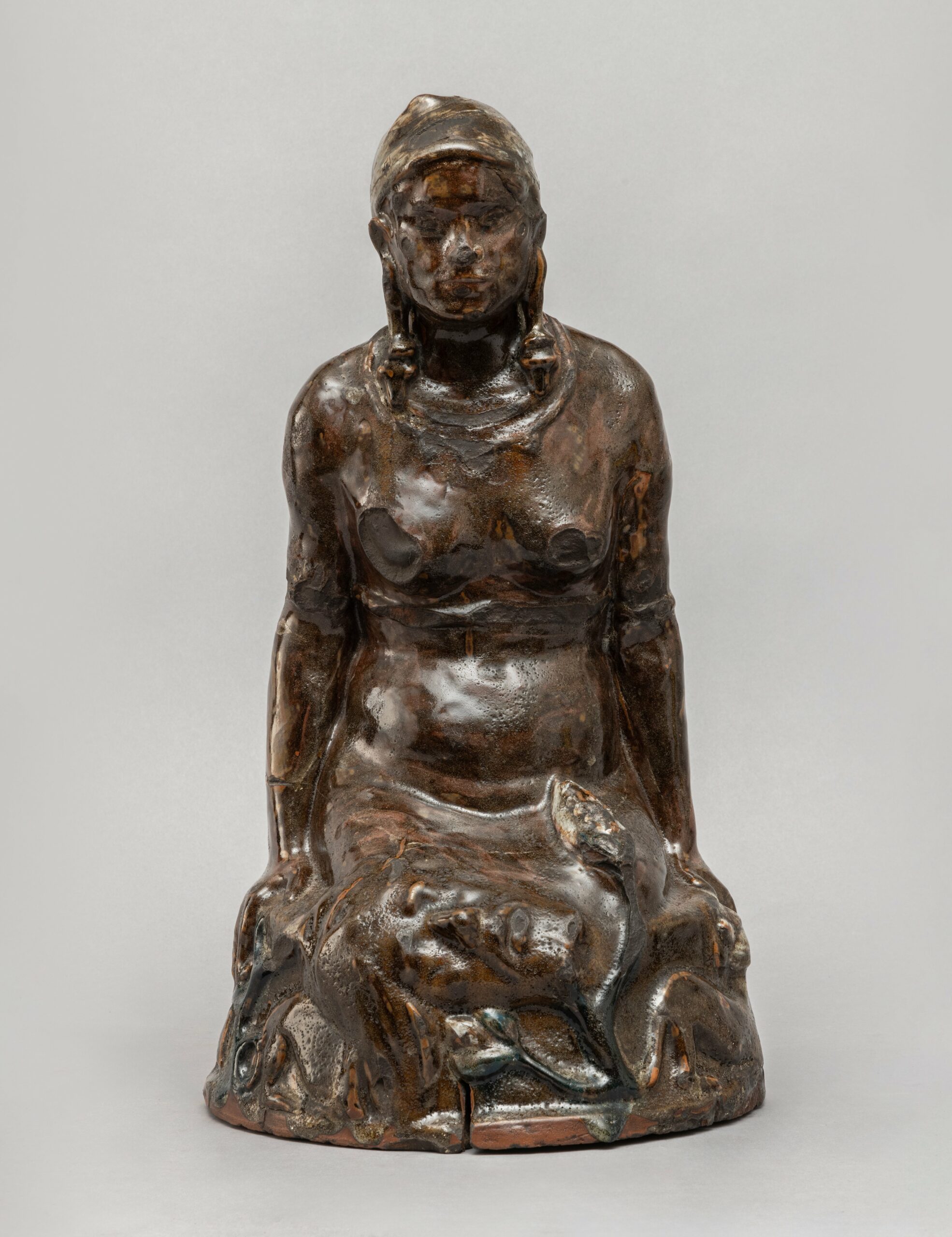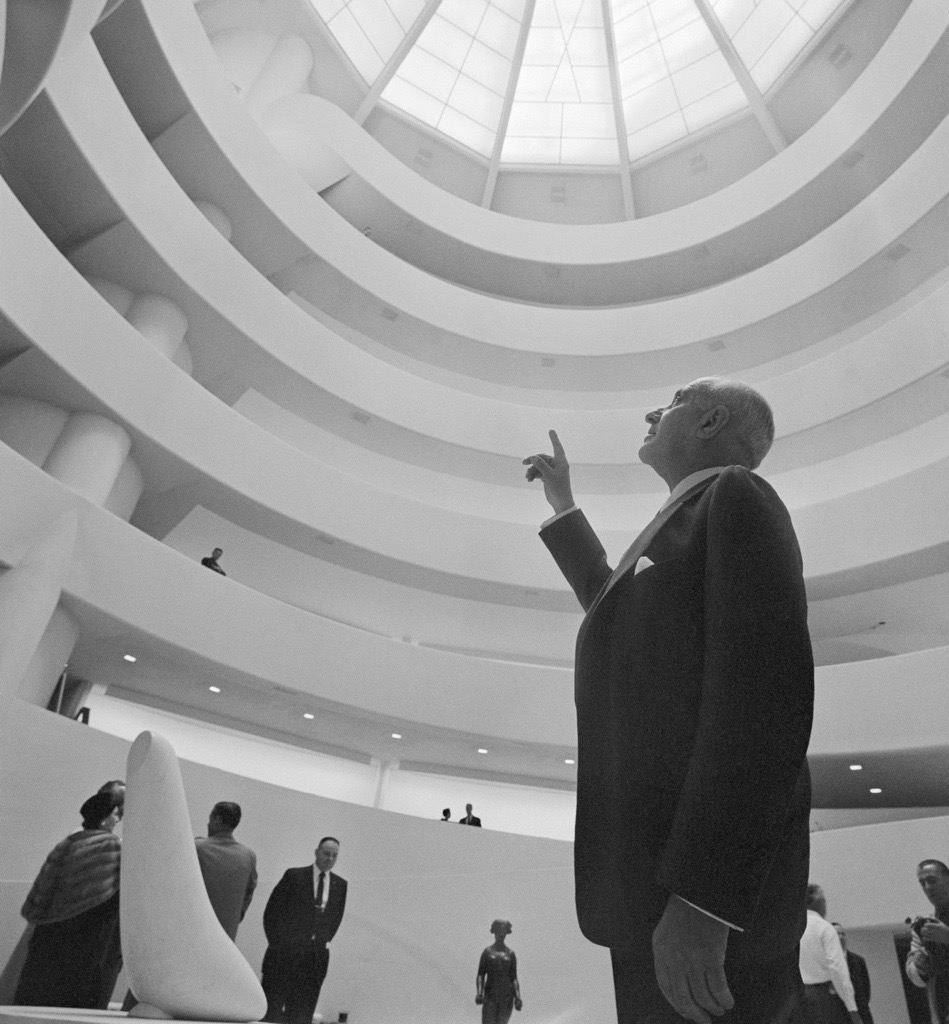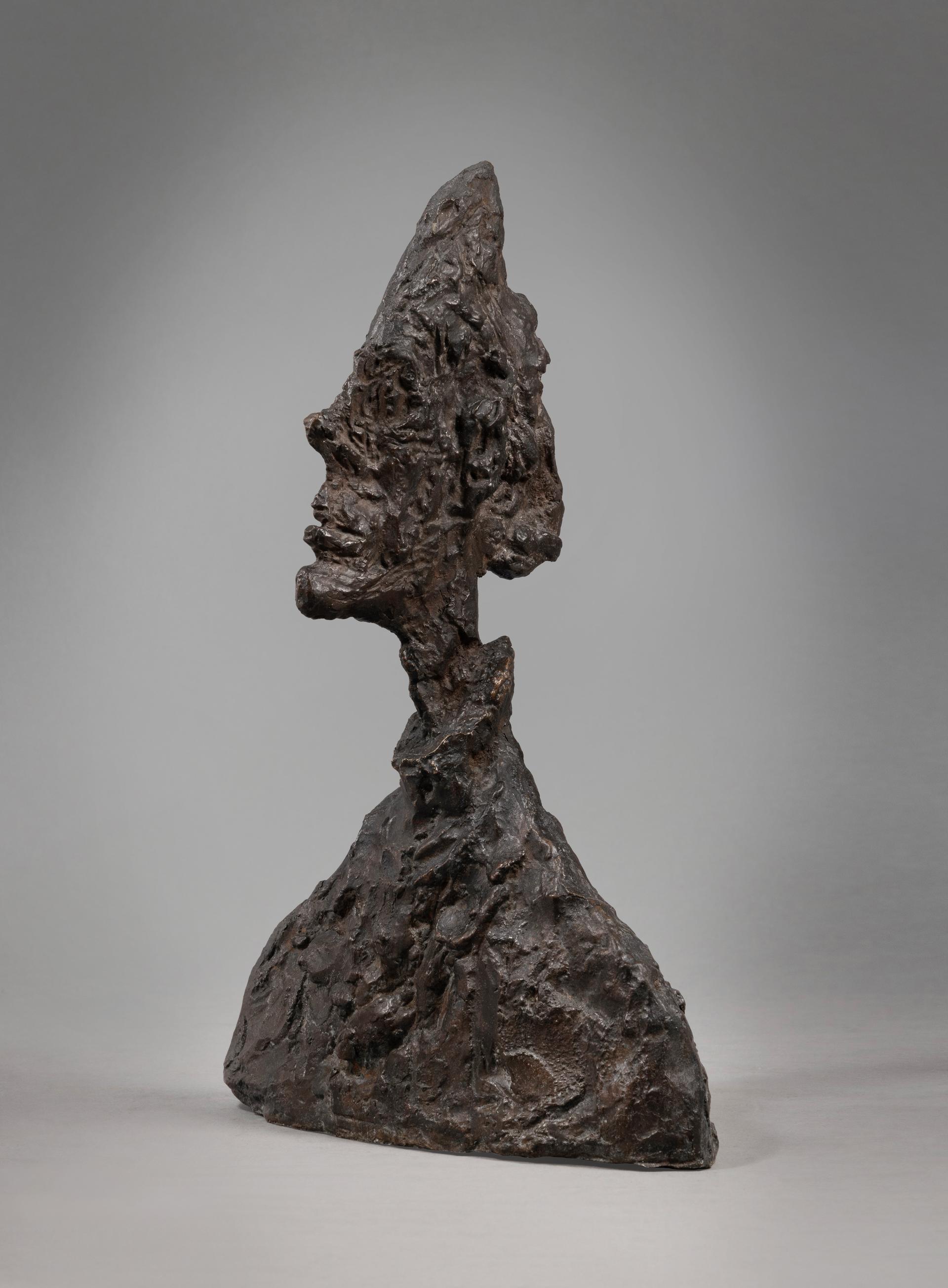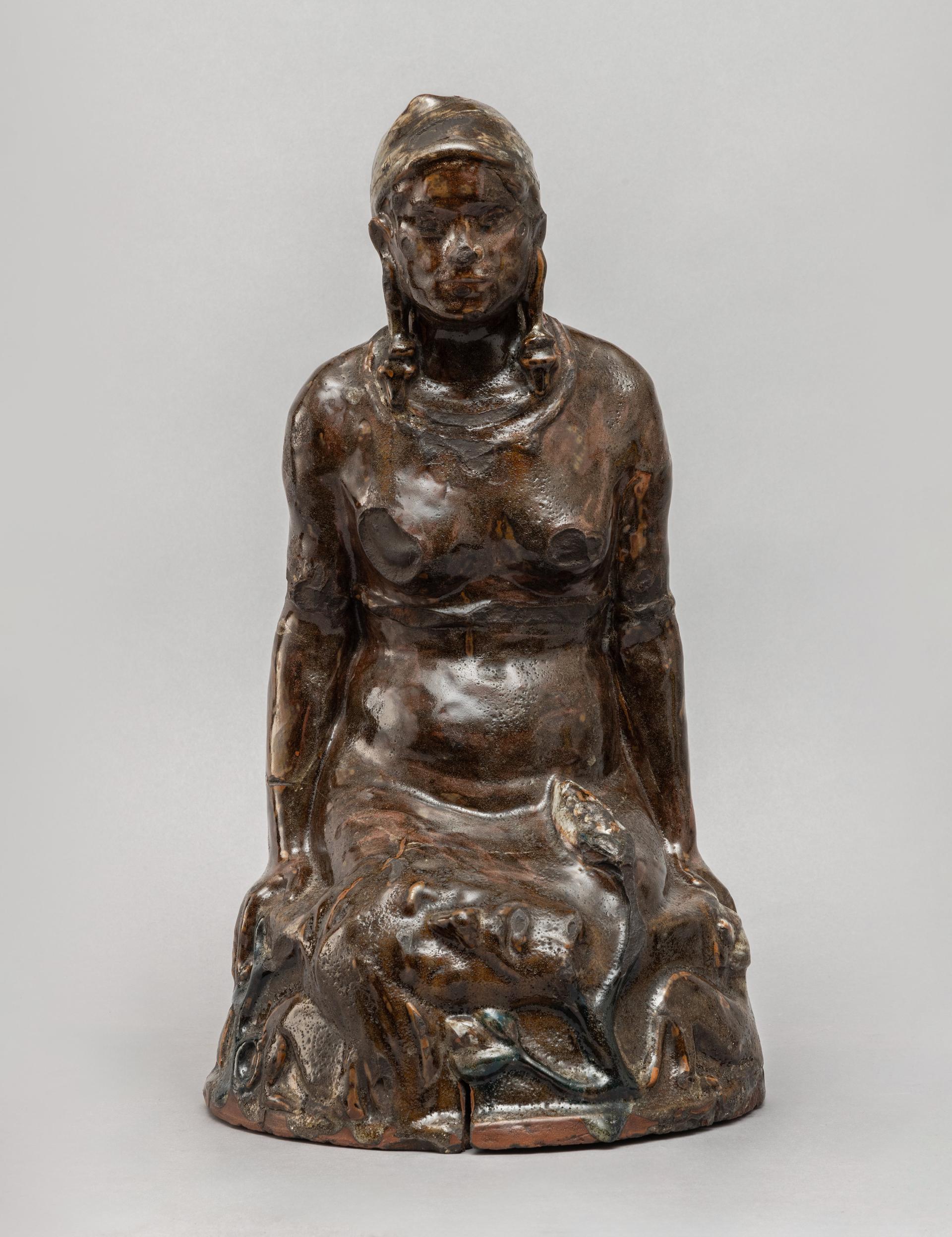A force of nature in both the public and private spheres, Harry Frank Guggenheim embodied a unique blend of ambition, intellect, and leadership which enabled him to traverse a wide array of fields, including diplomacy, military service, business, and philanthropy. Serving as a naval aviator in both world wars, and later as the U.S. Ambassador to Cuba from 1933 to 1934, he famously earned the trust and counsel of five U.S. presidents.
Harry was also an avid contributor to the world of sport—competing in the Wimbledon Tennis Championships in 1913—before turning his attention to horse racing as a successful owner and breeder, winning the Kentucky Derby in 1953. Most notably, his passion for aviation led to a pivotal role advancing early flight technology and research. As president of the Daniel and Florence Guggenheim Foundation, he sponsored much of Dr. Robert H. Goddard’s pioneering development of modern rocket and jet propulsion. As president of the Daniel Guggenheim Fund for the Promotion of Aeronautics, Harry also supported initiatives that nurtured a nascent commercial aviation sector, advanced the science and availability of meteorology, and founded schools of aeronautical engineering throughout the United States.
Harry’s contribution to the establishment of the Solomon R. Guggenheim Museum in New York is difficult to overstate. As chairman of the board of trustees of the Solomon R. Guggenheim Foundation after Solomon’s death in 1949, he championed the controversial choice of Frank Lloyd Wright as the Museum’s architect and played the role of mediator between Wright and director James Sweeney. He helped drive important acquisitions for the Museum’s collection, worked with leadership to build a programming strategy, and conceived of a global awards competition, ‘Guggenheim International’, for groundbreaking artists, connecting the New York art world to artists abroad. First won by Ben Nicholson in 1956, two years later the honor was awarded to Joan Miró.
Founded in 1929, The Harry Frank Guggenheim Foundation supports rigorous research and scholarship on human violence, inspired by Harry Guggenheim’s firsthand experiences with the brutality of war and revolution. The Foundation seeks to deepen understanding of the causes, manifestations, and effects of human violence, with the ultimate goal of reducing its impact on individuals and societies. The Foundation awards competitive grants and fellowships, conducts and commissions original research, publishes reports, and hosts conferences, research seminars, and public conversations on topics of violence, often in collaboration with peers in academia, philanthropy, and civil society to contribute to a safer, better-informed world.













